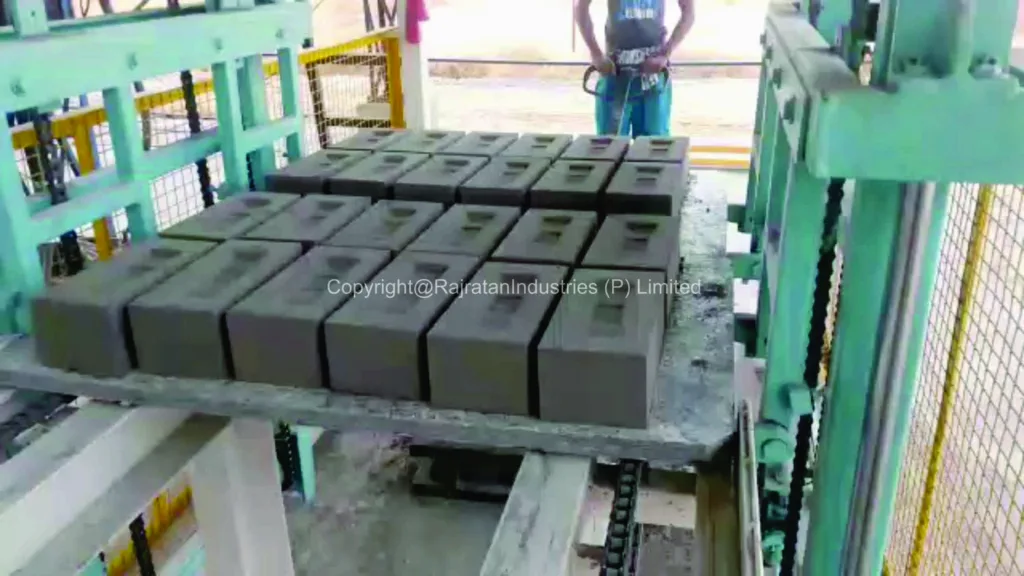
Starting a fly ash bricks plant can be a lucrative business venture, especially with the growing emphasis on sustainable and eco-friendly building materials. However, before you can start manufacturing, you need to secure the appropriate licenses. This guide will walk you through the process, ensuring you understand all the legal requirements and steps involved.
Understanding the Legal Requirements
To operate a fly ash bricks plant, it’s crucial to comply with various environmental and industrial regulations. The primary purpose of these regulations is to ensure that the production process does not harm the environment or public health.
Key Regulations to Consider
Environmental Compliance: The production of fly ash bricks involves the use of industrial by-products, which means you must adhere to environmental safety standards. This typically includes obtaining clearance from your local environmental authority.
Industry Standards: Ensure that your production process meets the industry standards set by organizations like the Bureau of Indian Standards (BIS) if you are operating in India, or equivalent bodies in other countries.
Necessary Documentation
The documentation process can vary depending on your location, but generally, you will need:
- Business Registration: Register your business with the appropriate government body.
- Environmental Clearance Certificate: Obtain this from the local environmental authority.
- Industrial License: This allows you to set up and operate a manufacturing unit.
- Proof of Land Ownership or Lease Agreement: Ensure you have legal rights to the land where your plant will be situated.
Steps to Obtain a License
Step 1: Research Local Requirements
Start by researching the specific licensing requirements in your area. Each region may have its own set of rules and required documentation. Contact your local industry department for detailed guidelines.
Step 2: Prepare Documentation
Gather all necessary documents. This includes proof of business registration, land ownership or lease agreement, and any environmental impact assessments required.
Step 3: Submit Your Application
Once your documentation is ready, submit your application to the relevant authorities. This typically involves filling out a form and paying a licensing fee. Be sure to double-check that everything is in order before submission to avoid delays.
Step 4: Follow Up on the Application
After submission, follow up with the authorities to monitor the status of your application. This can help you address any issues promptly and expedite the process.
Importance of Compliance with Environmental Regulations
Operating a fly ash bricks plant involves handling materials that can impact the environment. Compliance with environmental regulations is not just a legal obligation but also a commitment to sustainable business practices. Non-compliance can result in hefty fines and damage to your business reputation.
Role of Local Authorities
Local authorities play a critical role in the licensing process. They ensure that your operations meet all local industrial and environmental standards. Establishing good communication with these authorities can aid in a smoother licensing process.
Potential Challenges and How to Overcome Them
- Lengthy Approval Processes: Bureaucratic procedures can be slow. Start the application process early and maintain regular contact with the authorities.
- Complex Regulations: Navigating legal jargon can be challenging. Consider hiring a consultant or legal expert to help you understand and comply with regulations.
Practical Tips for a Smooth Application Process
- Stay Organized: Keep all documents, receipts, and correspondence well-organized and easily accessible.
- Build Relationships: Establish a good rapport with local authorities and industry experts who can offer guidance.
- Seek Professional Help: If possible, engage with professionals who specialize in industrial licensing to guide you through the process.
Common Pitfalls to Avoid
- Incomplete Applications: Ensure that all forms are thoroughly filled out and all required documents are attached.
- Ignoring Local Guidelines: Each locality has its specific requirements. Ignoring them can lead to application rejection.
- Skipping Environmental Assessments: Conduct necessary environmental impact assessments to avoid delays in obtaining clearance.
By following these guidelines, you can navigate the complexities of obtaining a license for your fly ash bricks plant successfully. With the right preparation and understanding of the process, you’ll be well on your way to starting a compliant and sustainable business.
